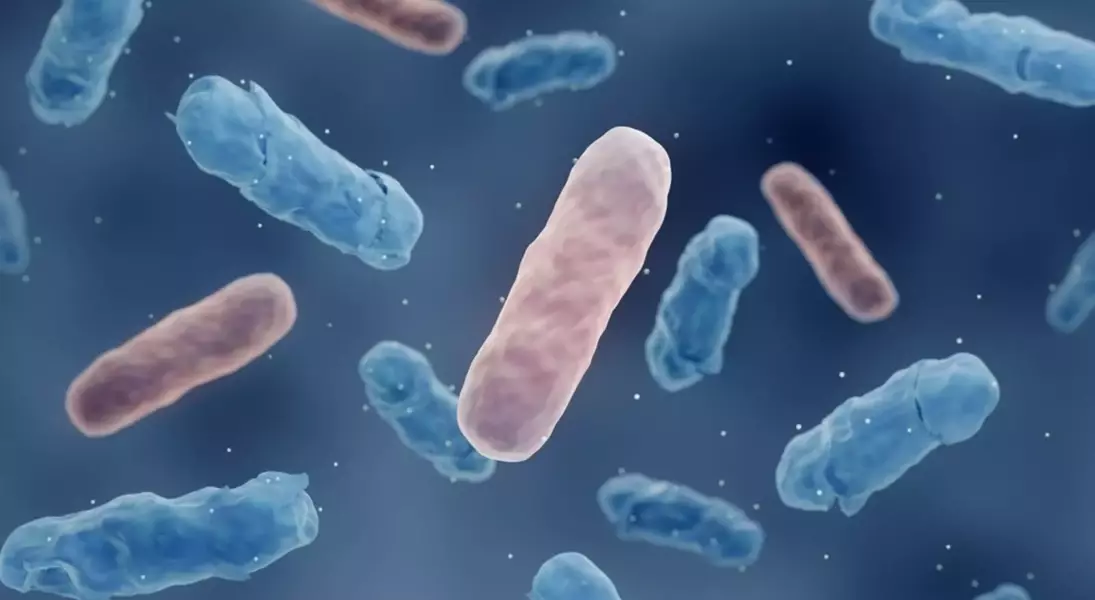
A significant public health challenge has emerged with the detection of carbapenemase-producing bacteria (CPE) within the food production network. Recent assessments indicate that these microorganisms, which are resistant to critical antibiotics, have been identified in 14 out of 30 EU/EFTA nations since 2011. The primary bacterial species linked to CPE include E. coli, Enterobacter, Klebsiella, and Salmonella, predominantly originating from livestock such as pigs and cattle. Notably, there has been a marked increase in reported cases among these animals, particularly in the years 2021 and 2023.
Efforts to address this issue have varied across countries. Only ten of the 30 EU/EFTA member states have implemented strategies for controlling and investigating these bacteria. To enhance the effectiveness of these measures, the European Food Safety Authority (EFSA) advocates for an expansion of monitoring activities. This includes scrutinizing additional food sources like seafood and vegetables, along with other bacterial species. Additionally, improvements in detection methodologies and molecular typing techniques are recommended to trace transmission routes more accurately, including potential human and feed-related pathways.
The battle against antimicrobial resistance requires a multifaceted approach that integrates human, animal, and environmental health perspectives. EFSA is committed to supporting member states and EFTA countries in generating new data concerning the spread and prevalence of CPE. By adopting a One Health strategy, researchers aim to better understand how these bacteria propagate through the food chain. An updated evaluation is scheduled for publication in 2027, reflecting advancements in knowledge and technology. This collaborative effort underscores the importance of safeguarding public health amidst evolving scientific challenges.
